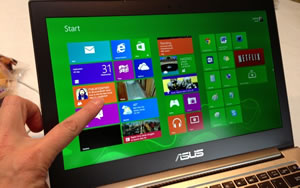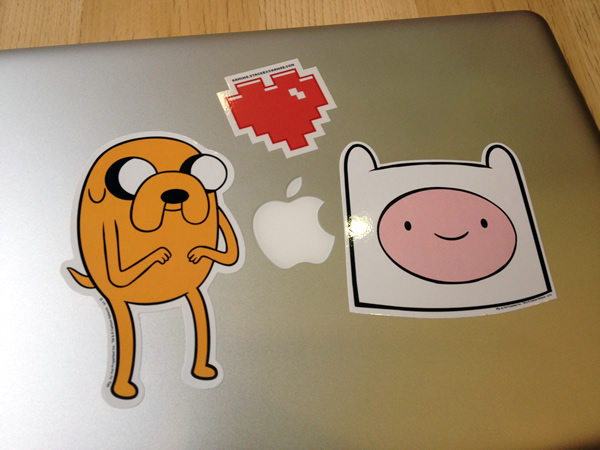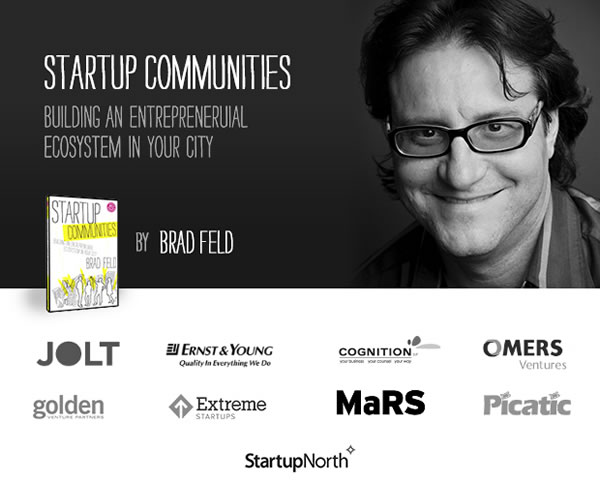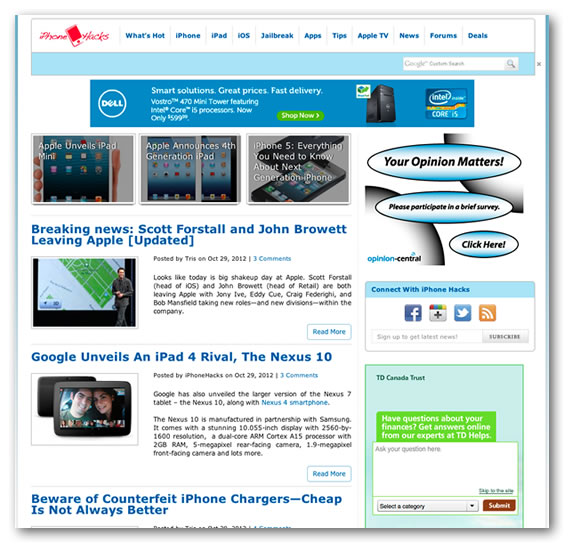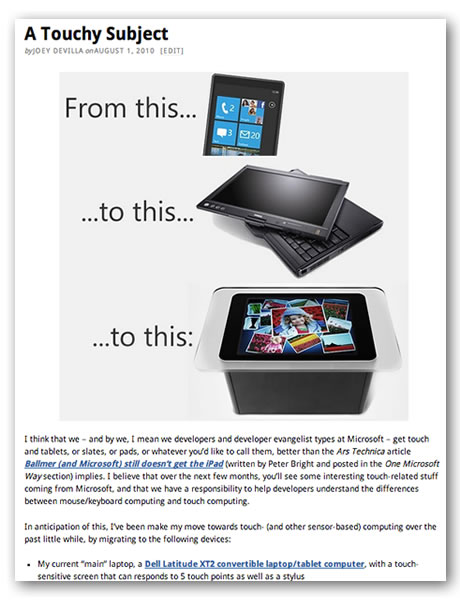
In a post I made yesterday, I asked you to read an article that I wrote during my Microsoft days and see if you could spot what part of the article garnered me a huffy email to my skip-level (that’s Microsoft’s Newspeak for “the boss of my boss”) from none other than Steven Sinofsky, President of the Windows division. Next to Steve Ballmer, Sinofsky is probably the most powerful guy at The Empire, as no undertaking of any import takes place at Microsoft happens without at least the tacit approval of the people who control Windows and Office, the geese that lay the golden eggs. This is why the Courier tablet got killed. Getting up Sinofsky’s nose is akin to stretching clear plastic wrap across Darth Vader’s toilet: it’s amusing, but there are consequences.
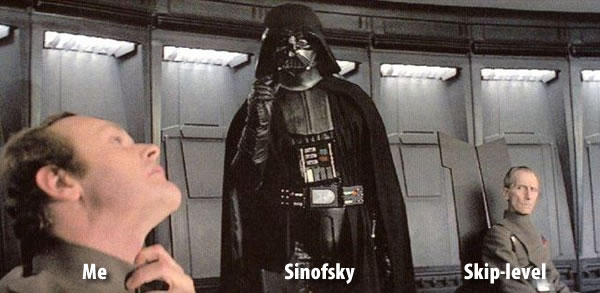
Like Darth Vader, higher-ups at Microsoft prefer to use the Force and choke you from a distance. In this case, the Force was my skip-level. He had made the long and arduous climb to level 63 and wasn’t going to have his best-laid plans undone by a blog post. Microsoft has employee levels, just like World of Warcraft, and in both, the real fun begins at level 60 (I myself was a level 61 employee).
The anonymous Microsoft insider blogger Mini-Microsoft astutely notes that the unwritten rule for success at Microsoft — and especially for climbing past level 62 — is “Influence if you can, scare if you must”. It’s good, sound, if somewhat Machiavellian advice, but in the Ayn-Rand-meets-Asperger’s upper echelons of The Empire, that rule all-too-often gets interpreted as “Scare! Scare! Make them crap their pants!”
So he did what any level 63 with any sense does: he delegated. He asked my manager “Should we fire him?” My manager, being one of the good guys and understanding the true message of my post, said “Nah, he’s cool.” In the end, I got a slap on the wrist and life, or what passes for it as a Microsoftie, went on.
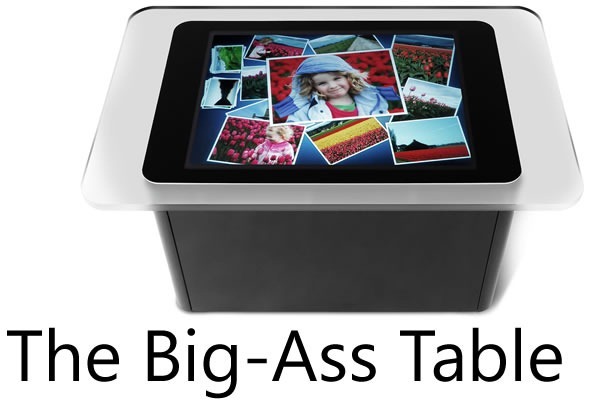
Some contestants were under the impression that it was referring to the big tabletop computing device then known as Surface as “The Big-Ass Table” got me in trouble. Surprisingly, that was not the case. Microsoft can be cool — really, they can — and they’re just not uptight enough to get riled about the term “big-ass”.
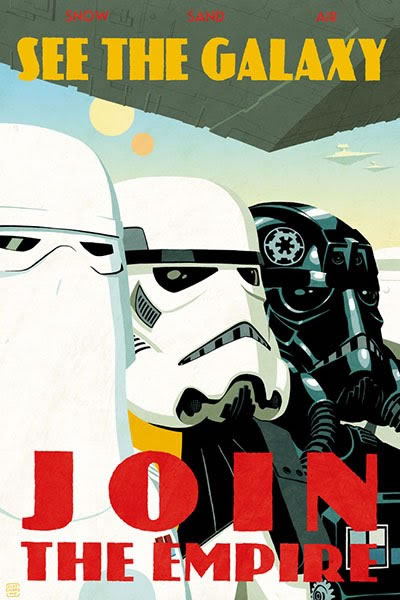
Some contestants also guessed that it was referring to Microsoft as “The Empire” that got me in trouble. Nope. It’s done internally all the time, and often to great effect by such people as Lauren Cooney, former leader of Microsoft’s Web Platform Team, who has dressed up at Darth Vader from time to time for events and presentations, and Ariel Meadow Stallings, another ex-Microsoftie, who handed out “I am the Empire” shirts to fellow bloggers.
For the record, here are the bits that got me in trouble:
I believe that over the next few months, you’ll see some interesting touch-related stuff coming from Microsoft, and that we have a responsibility to help developers understand the differences between mouse/keyboard computing and touch computing.
We’re aware of the challenges of touch (and other sensor) input and over the next little while, you’ll see our answers to those challenges. And better still, we’ll share what we’ve learned in order to make you better developers and designers of software that use these new interfaces.
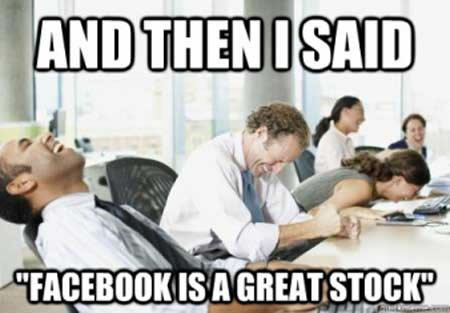
I got in trouble because they were forward-looking statements. Microsoft is a publicly-traded company, and such statements, as obvious and harmless as they might seem, are the sorts of things on which investors make decisions and the wrong statement has the potential to play havoc with the stock price. For a Fortune 50 company, even a fraction of a penny’s change can mean millions of dollars. This in turn can mess with several people’s year-end reviews and promotion opportunities. Only at such an organization can the stakes be simultaneously so high and so low.
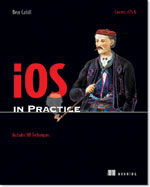 The contest winner is Kevin Dean, who submitted this guess at 3:30 p.m. yesterday:
The contest winner is Kevin Dean, who submitted this guess at 3:30 p.m. yesterday:
My guess is you got blasted for “making a pre-announcement” when all you were doing was speculating.
As the winner, Kevin had the choice of claiming either my near-mint-condition Zune HD or his choice of a Manning Publications ebook. He went for Manning’s iOS in Practice, which means that the Zune will stay in my museum of forgotten-but-well-meaning electronic devices. My congratulations to Kevin and thanks to everyone who participated!
